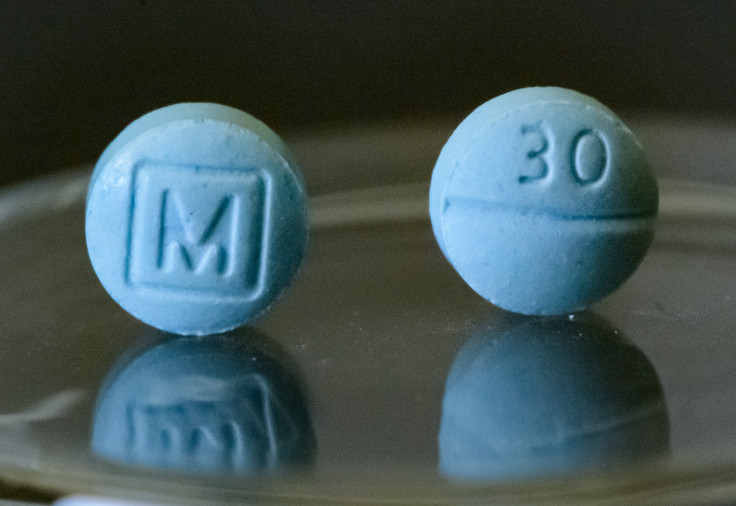
An alleged member of the Sinaloa cartel said that actions from the Trump administration have created a sense of fear in the criminal organization, especially when it comes to the trafficking of fentanyl.
Le Journal de Montréal talked to a man that identified himself as Pablo. He claimed to be an associate for a criminal cell of the Sinaloa cartel. Speaking from a hotel in Culiacán, Sinaloa, the alleged cartel member told the news outlet that other members of the criminal organization prefer not to be involved in fentanyl trafficking due to the retaliatory actions shown by the Trump administration against drug cartels.
"Fentanyl is a lethal drug, I feel afraid by just talking about it," Pablo said. "The cartel is fearful from all the recent responses coming from the U.S. to combat it," he added.
According to his testimony, chemical precursors used to produce fentanyl come from China and pass through the Netherlands before arriving to Mexico. Once in Mexican soil, drug cartels produce the lethal drug in what are known as "narco labs," a clandestine laboratory in a secret location where criminals produce or prepare synthetic drugs.
"Our machinery can produce between 50,000 to 100,000 fentanyl pills every two hours," the alleged cartel member said. He added that fentanyl produced in Mexico is distributed across the U.S. and Canada.
The interview conducted by Le Journal de Montréal took place in November of last year, but it was not published until February of 2025. Since then, Trump has taken significant steps to counter drug trafficking and to fight criminal organizations.
Earlier this month, the Trump administration started a motion to designate eight Latin American criminal organizations as terrorist groups. More concretely, the State Department plans to designate the Colombian-based Clan del Golfo as well as five other cartels based in Mexico: the Sinaloa cartel, Cartel Jalisco Nueva Generación, Cartel del Noroeste, La Familia Michoacana and the Carteles Unidos.
The designations follow an executive order signed by Trump on Jan. 20 in which he called the cartels a "national-security threat beyond that posed by traditional organized crime," adding that the U.S. would "ensure the total elimination" of the criminal organizations.
In addition, U.S. spy planes have been conducting surveillance missions around the U.S.-Mexico border in order to gather intel on Mexican drug cartels.
© 2025 Latin Times. All rights reserved. Do not reproduce without permission.







